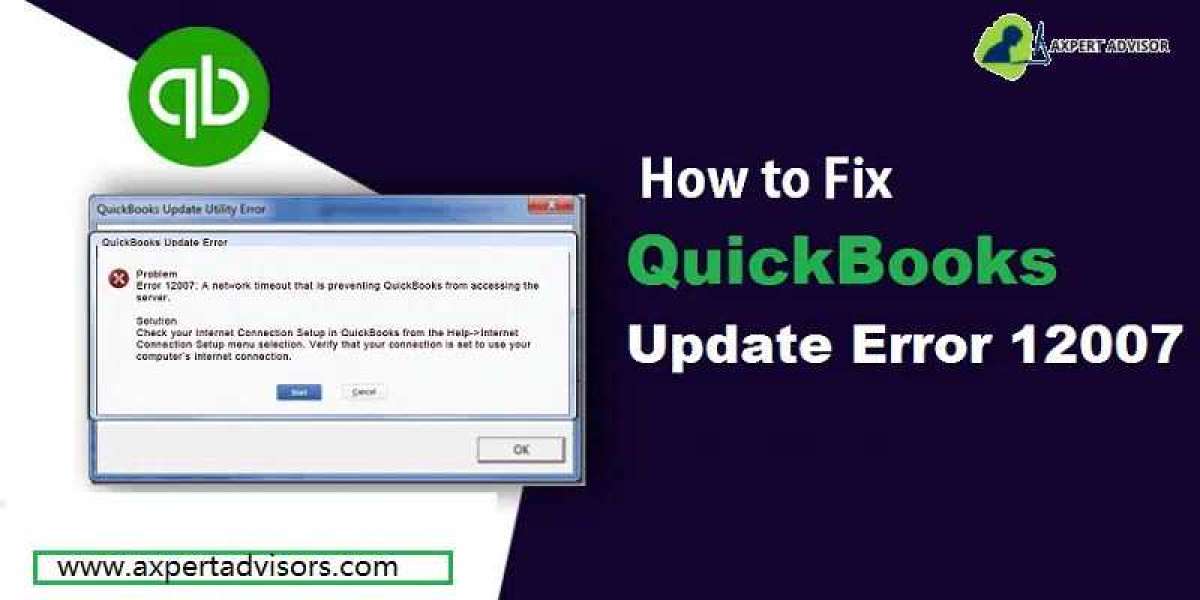
Introduction
As the world becomes more environmentally conscious, many people are turning to solar energy as a way to reduce their carbon footprint and save money on their energy bills. Solar panel kits are a popular option for those who want to install solar panels on their homes or businesses. However, before you buy a solar panel kit, there are some important things you need to know.
1. Types of Solar Panel Kits
There are two main types of solar panel kits: grid-tied and off-grid. Grid-tied kits are connected to the electrical grid and allow you to sell excess energy back to the utility company. Off-grid kits are not connected to the grid and require batteries to store excess energy.
2. Size of the Solar Panel Kit
The size of the solar panel kit you need depends on your energy usage and the amount of sunlight your location receives. A professional installer can help you determine the right size for your needs.
3. Quality of the Solar Panels
The quality of the solar panels in the kit is important for the efficiency and longevity of the system. Look for panels with a high efficiency rating and a long warranty.
4. Inverter Type
The inverter is an important component of the solar panel system that converts the DC power generated by the panels into AC power that can be used in your home or business. There are two types of inverters: string and micro. String inverters are less expensive but can be less efficient. Micro inverters are more expensive but offer better performance and monitoring.
5. Installation Process
The installation process for a solar panel kit can be complex and should be done by a professional installer. Make sure to choose an installer with experience and a good reputation.
6. Maintenance Requirements
Solar panel kits require little maintenance, but it is important to keep them clean and free of debris. You should also have the system inspected regularly by a professional to ensure it is functioning properly.
7. Cost of the Solar Panel Kit
The cost of a solar panel kit can vary depending on the size and quality of the system. However, the long-term savings on energy bills can make it a worthwhile investment.
8. Government Incentives
Many governments offer incentives for installing solar panels, such as tax credits or rebates. Check with your local government to see what incentives are available in your area.
9. Environmental Benefits
Using solar energy can help reduce your carbon footprint and contribute to a cleaner environment. Solar panels produce no emissions and use a renewable energy source.
10. Future of Solar Energy
The future of solar energy looks bright, with advancements in technology and decreasing costs making it more accessible to consumers. Investing in a solar panel kit now can provide long-term benefits for both the environment and your wallet.
Conclusion
Before buying a solar panel kit, it is important to consider the type, size, quality, and cost of the system, as well as government incentives and environmental benefits. With the help of a professional installer, you can enjoy the benefits of solar energy for years to come.
Source: None








